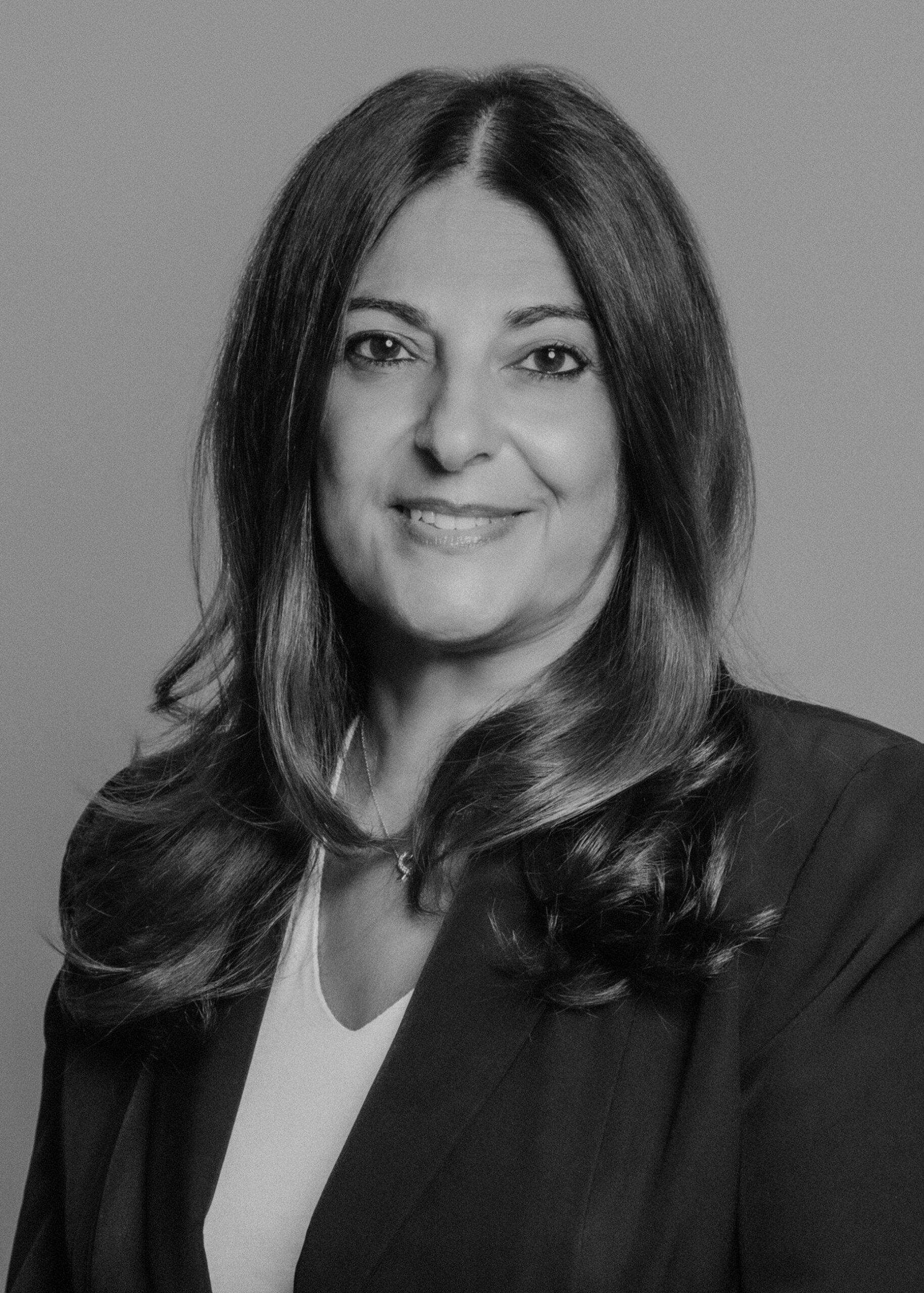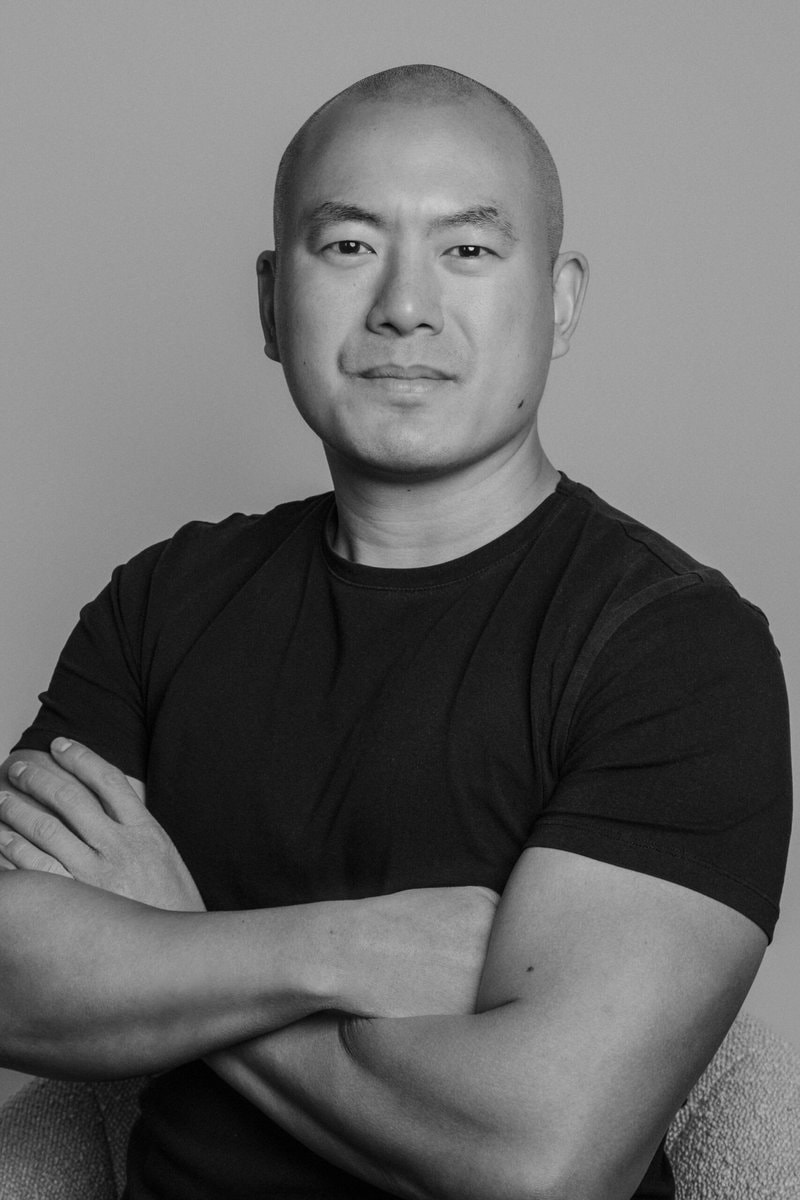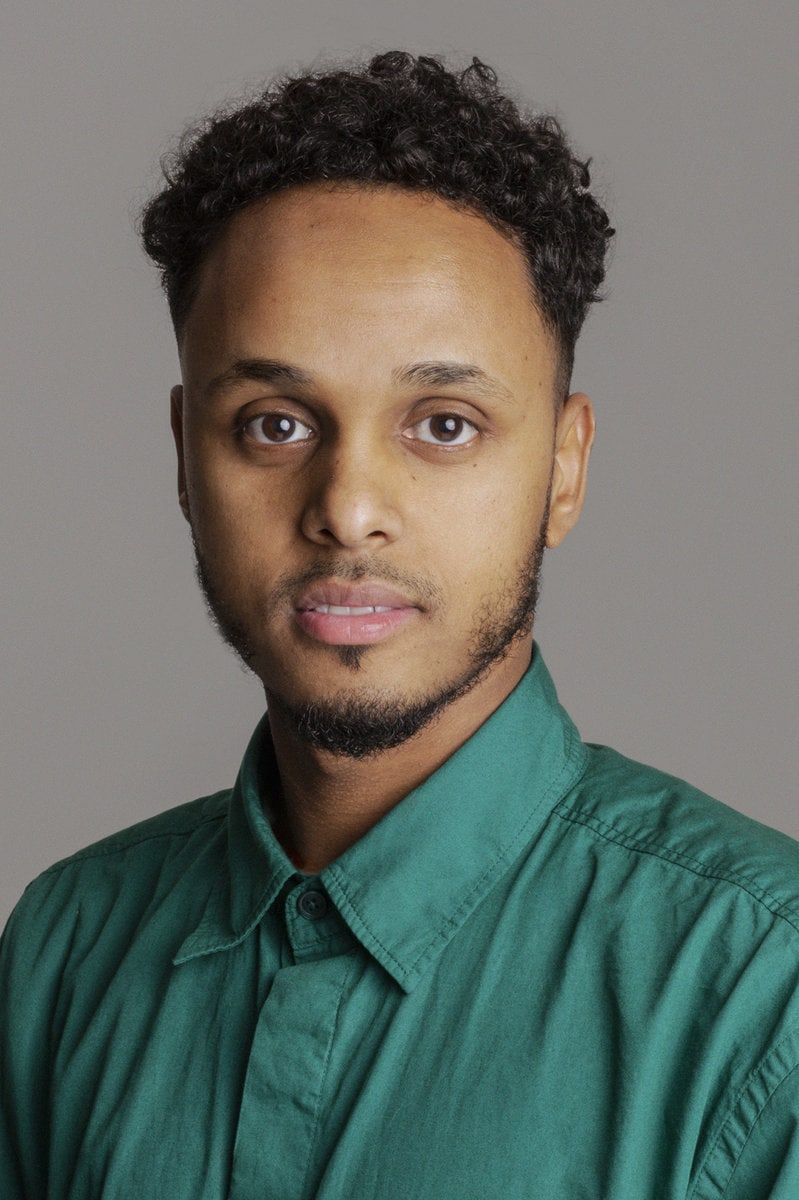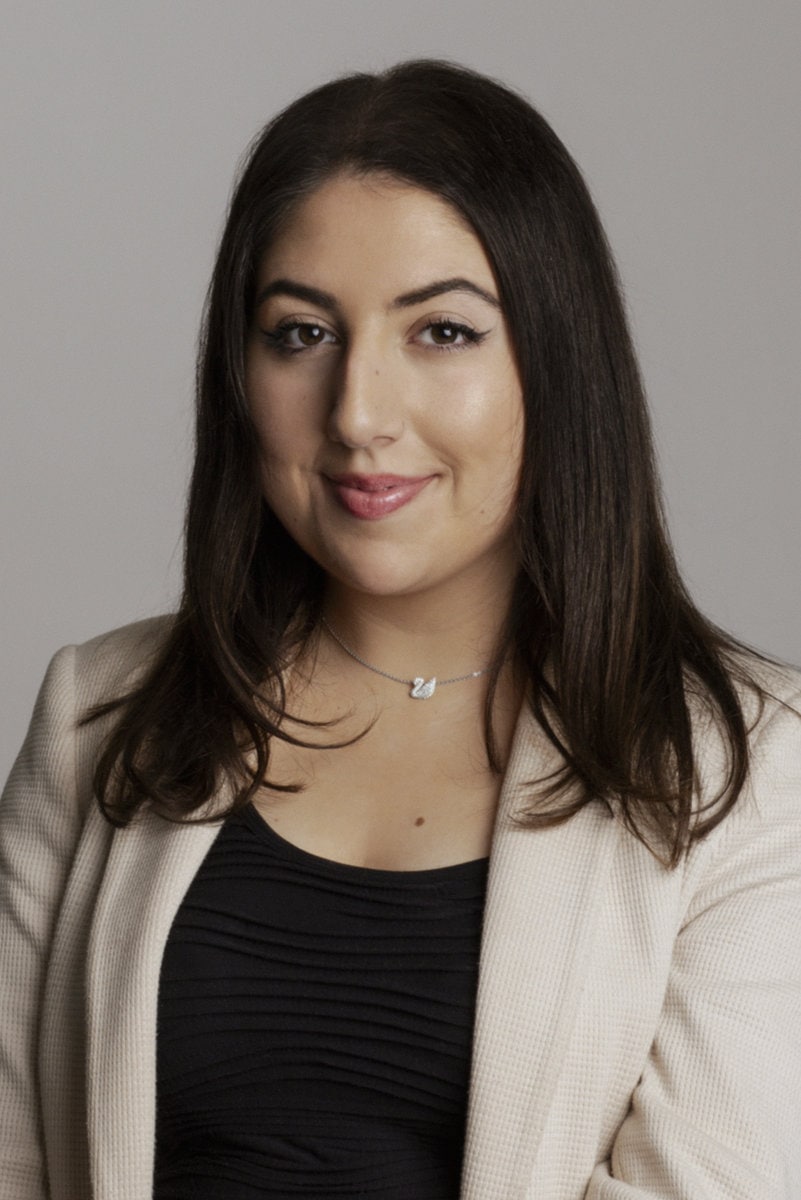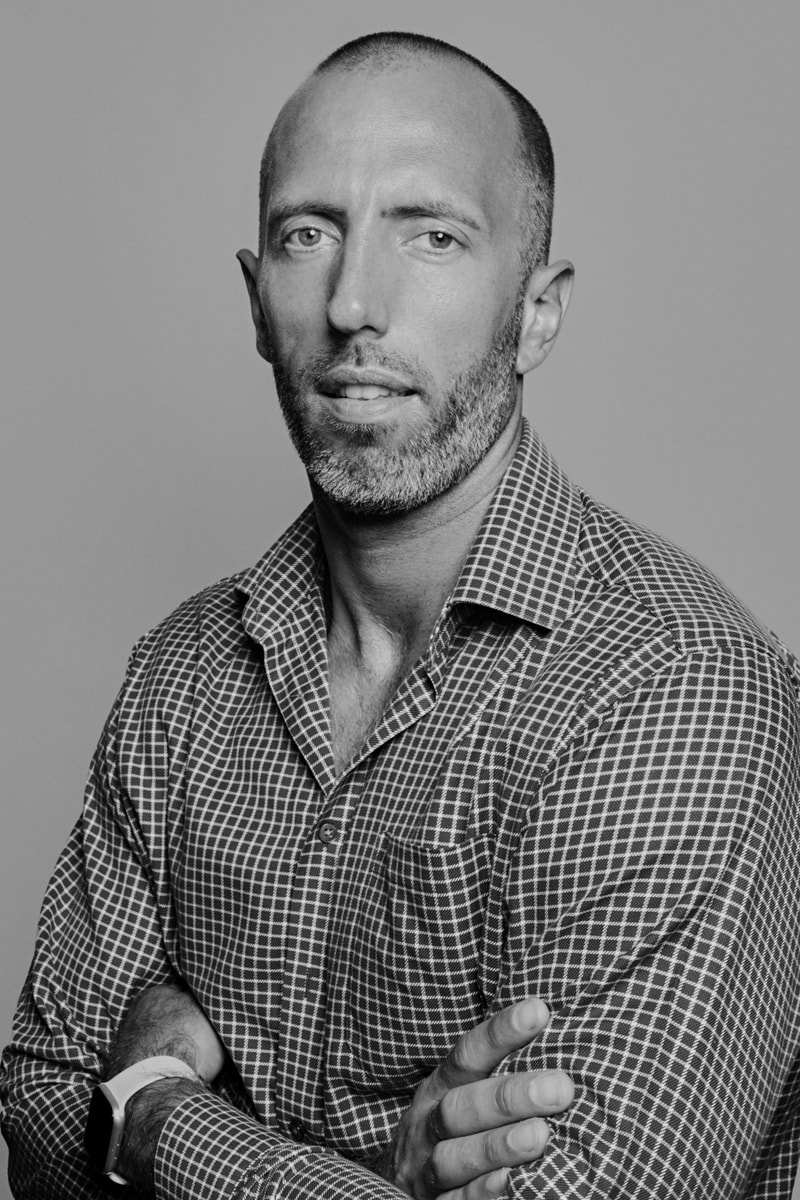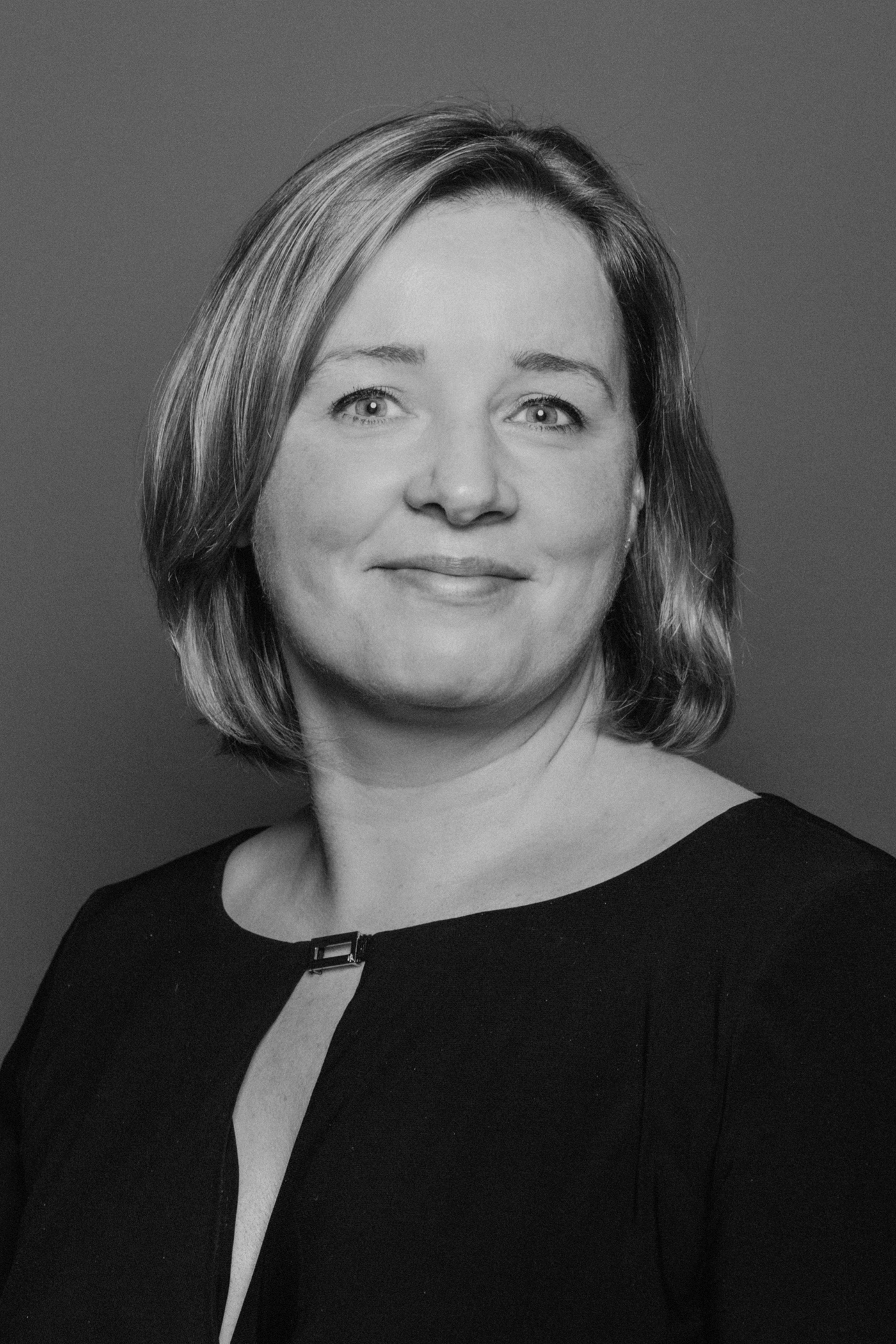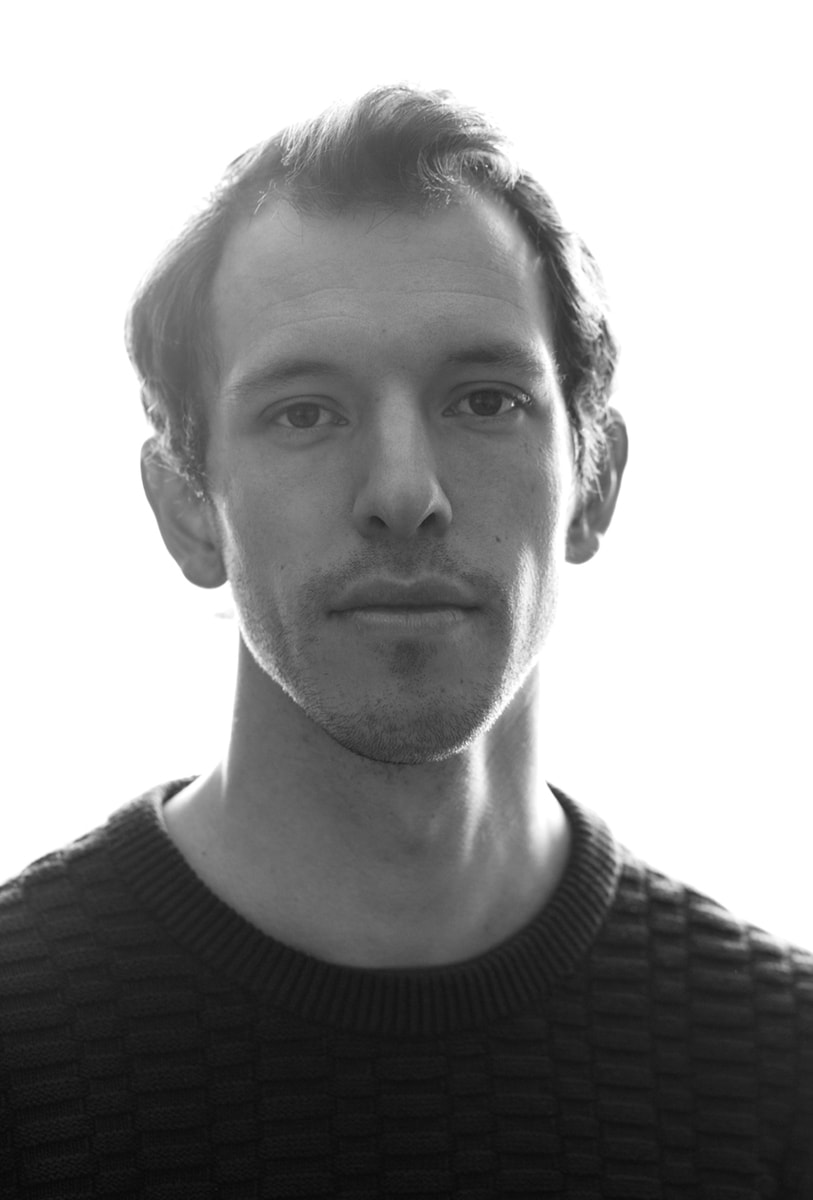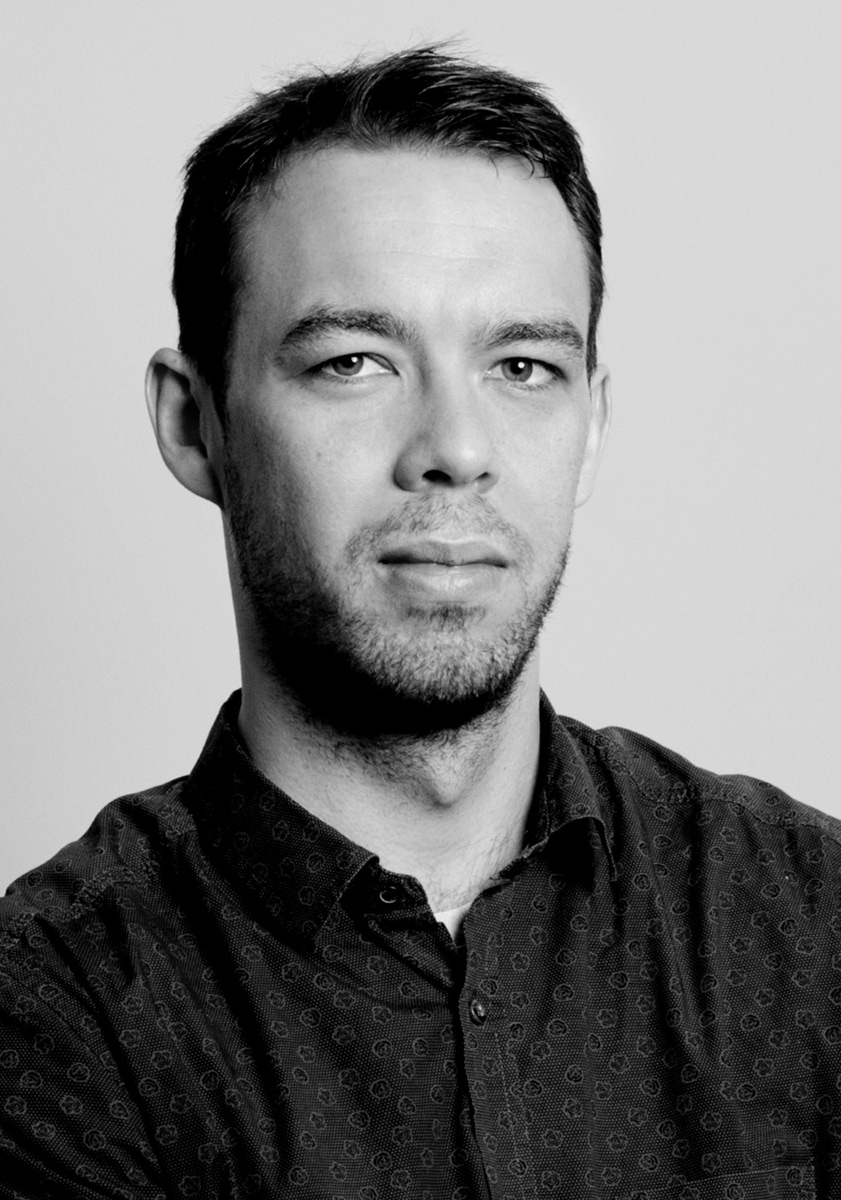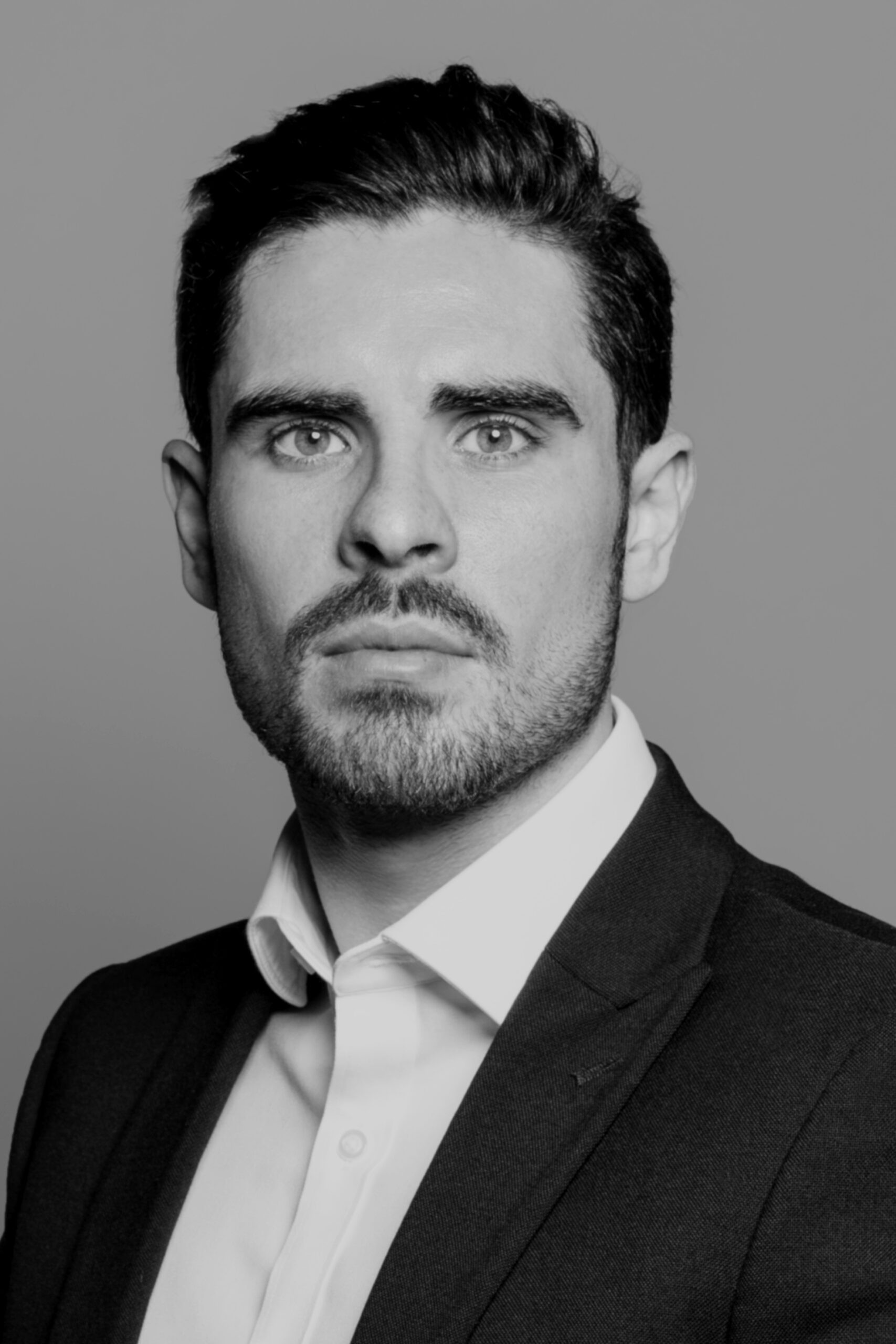Marc, what is your job?
I’m a hydrogeologist. Hydrogeology is a profession aimed at understanding the relationship between water underground and geology. Whether that’s water movement, natural chemical reactions, or pollution from human activities. One of the biggest resources on earth for drinking water is groundwater, so managing that resource is important, and making sure that it’s managed in a manner that’s sustainable.
“
Historically we’ve used surface water resources – dams, reservoirs, and rivers to get our drinking water. There’s not enough of that to sustain the human population at the rate that we are growing, so we have an increasing need for groundwater globally.
“
Why is this important?
It’s important because water is important. Whether you’re looking at drinking water for people, or mitigating damage to the environment and ecosystems from contaminated water. Water is the most basic requirement for life. Human population on earth is growing exponentially, that’s not going to change any time soon; so we’re becoming more and more reliant on groundwater rather than surface water resources. Historically we’ve used surface water resources – dams, reservoirs, and rivers to get our drinking water. There’s not enough of that to sustain the human population at the rate that we are growing, so we have an increasing need for groundwater globally.
“
Without hydrogeological knowledge, often those resources are polluted. They are not fit for human consumption in a vast array of ways. And what happens is, the holes are drilled, the people have their water resource, then the NGO moves away having ticked a box on someone’s spreadsheet. If contaminated, that resource then can’t be used because there has been no prior hydrogeological assessment.
“
My PhD research was based in Malawi. Malawi is a really clear example of how important it is to manage groundwater resources in a sustainable way. Rural populations in Malawi are already in a place where they are completely reliant on groundwater. Without it, there isn’t enough water for them to drink or grow crops. So, they rely on NGOs (non-governmental organizations), charities, drilling companies and engineers to drill holes in the ground to pull up water. But, without hydrogeological knowledge, often those resources are polluted. They are not fit for human consumption in a vast array of ways. And what happens is, the holes are drilled, the people have their water resource, then the NGO moves away having ticked a box on someone’s spreadsheet. If contaminated, that resource then can’t be used because there has been no prior hydrogeological assessment. That’s one of the roles hydrogeologists play: it’s our job to understand the physics, the chemistry, the climate, the geology, all the factors that affect the groundwater resource, and predict where we can get a sustainable water supply that’s free from contamination. For example: salinity or excess fluoride, those kinds of things. So that’s why it’s important, and that importance will only increase in the future.
“
Be adaptable; don’t think that everything has to be decided right now.
“
Historically, some of the main resources we have as humans are oil and gas, fossil fuels. Those are the things that are used as a commodity, and a country’s wealth is determined based on how much of those things they have. Mineral resources – that’s another example. But in the future, such things aren’t going to be as important; one – we’re going to run out, and two – we already need to stop using them because of climate change. The most important resource for a growing population will be groundwater. It is going to be the resource of the future. It’s essentially going to be the new oil. When I graduated with a geology degree, I then had the option to do a master’s in petroleum geology or in hydrogeology. Choosing hydrogeology was a no-brainer because groundwater is the resource of the future. That’s where the economy is going to be – that’s where the importance is going to be.
If you could pass on one piece of life or business advice, what would it be?
My life advice is, I suppose, also business advice as well. And this is an answer that I feel quite passionate about. When you enter into your career from education level… I tend to find that most people start very young. I started later, 10 years later than most, so I had a bit of life experience first. That’s not the advice (although I would offer that as advice). The main advice though would be: most people are coming out of school and they have a lot of pressure to pick the right subject when they go into university, and are pressured into a subject that they maybe don’t really want to do, but that’s ok. I started off studying a particular subject, and it didn’t work out, so I tried another one, and at the end of that, I decided geology was going to be my thing. I had a very clear idea at the beginning of how that was going to turn out. But, what I thought at the start is not what happened. The advice essentially is to be adaptable and to not think that the decision you make at the beginning is how your life is going to turn out. It’s going to change. Every time you finish one thing there’s going to be another set of choices. Then every time you finish that, there is going to be another set of choices, and your life will evolve in that direction. If you see something, and you don’t particularly think that’s the route you want to go down, but you feel that you’re falling down that route, it’s probably because you’re gravitating in that way, and it will work out in the end. So that would be my advice – be adaptable; don’t think that everything has to be decided right now.
Marc Addison was photographed by LAPORTRA in front of our white backdrop. If you would like a professional portrait that tells the story of your career – press the button below.







